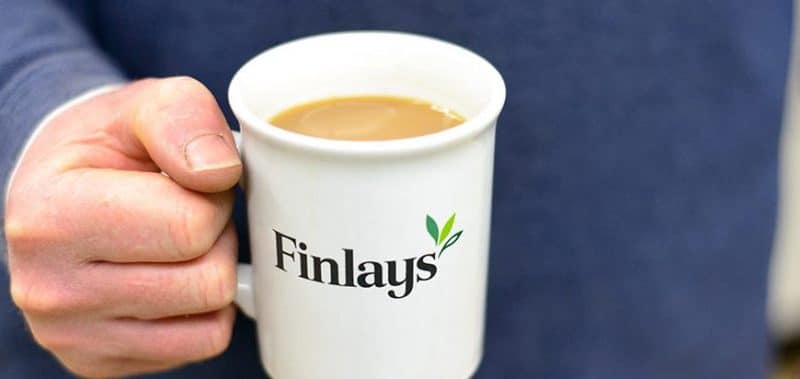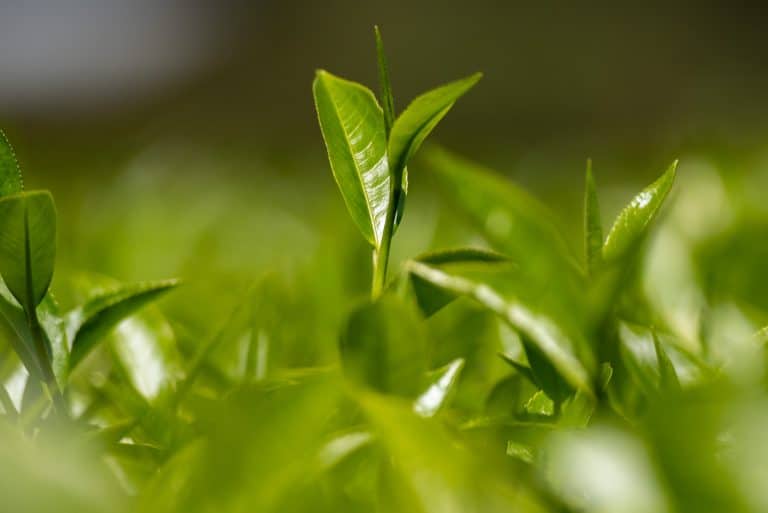The last few years have seen a shift in the mature western tea markets away from mainstream black tea bags to more exciting and varied speciality teas and herbal infusions. Finlays has positioned itself well with the acquisition of the London Tea Company brand, but in what other ways are we able to tap into this growth area? The answer is as endless as there are varieties of tea and as limitless as our imaginations.
What makes Finlays tea more than a cup of tea?
We are in the unique position of being vertically integrated throughout the entire global tea supply chain. This means that the moment we receive market intelligence relating to trends, we are able to act quickly to supply the market demand, whether that is commissioning bespoke products to be made at our own farms, or sourcing teas from other producers through our network of trading offices.
Finlays Tea – Asia
Tea manufacture originated in China 5000 years ago and with such a rich history of tea culture it is no surprise that this is still the region with the widest variety of speciality teas. Smokey Lapsang Souchong; floral oolongs; toasty oolongs; sweet white silver tips; straw-like dragon well; earthy Pu’erh… these famous teas all originated in China and are now copied across the globe. Finlays’ tea buying team based in Xiamen in Fujian province sources all of these teas for our international customers.
Elsewhere in Asia, a superior range of speciality teas is produced in Sri Lanka. Finlays’ farms make everything from medium elevation CTCs, to wiry leaf low grown orthodox, through to the exquisitely flavoured Court Lodge in Nuwara Eliya. We have two dedicated green tea factories and have even started making a Chinese style oolong at Waldemar factory drawing on expertise from other areas of the Finlays group.
Finlays Tea – Kericho, Africa
Our appetite for experimentation continues at our farms in Kericho. Although almost all tea produced in East Africa is of the black CTC variety, Finlays has been pioneering in diversifying away from these traditional teas and looking at other markets where there is demand for different types. We now produce everything from bespoke parcels of silver tips white tea to green CTC. Our award winning black orthodox tea, Milima, is highly sought after by buyers from many regions. It is also a fundamental part of the London Tea Company’s Breakfast and Afternoon blends as it contributes a floral and toasty flavour together with an attractive golden tip.
One cannot discuss speciality tea in Kericho without a mention of our famous Purple Tea. Confusingly, the colour purple does not indicate the type of tea manufacture (as with white, green or black teas), but the fact that the actual tea bushes have a pretty purple hue. This purple colour is attributed to high levels of anthocyanin in the tea – these are flavonoids which also give aubergines their purple colour.
Moving further south to Malawi, Finlays works closely with Satemwa Tea Farm to assist with the sale and distribution of its speciality teas. Established in 1923 by Maclean Kay, the farm is still run by the family, combining sustainable tea production with a curiosity for the manufacture of rare teas normally found in the Far East. From the hand stitched Zomba Pearls to Livingstone’s Twist & Dry and Satemwa Antlers, the locally named teas appeal to curious tea drinkers on a global scale – this is where Finlays expertise is so valuable in facilitating the connection between plantation and consumer.





